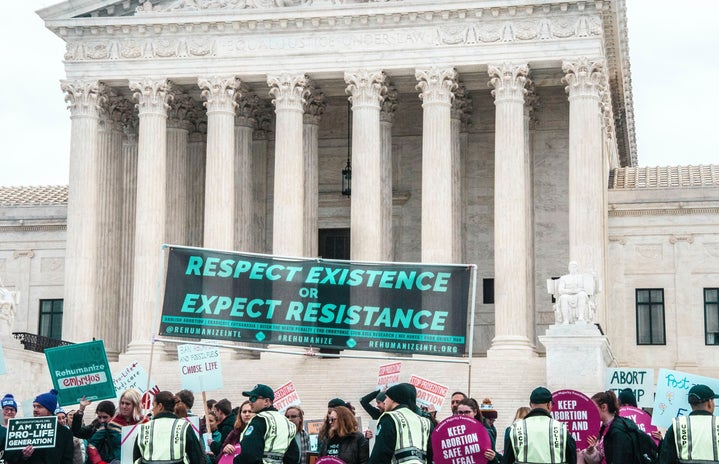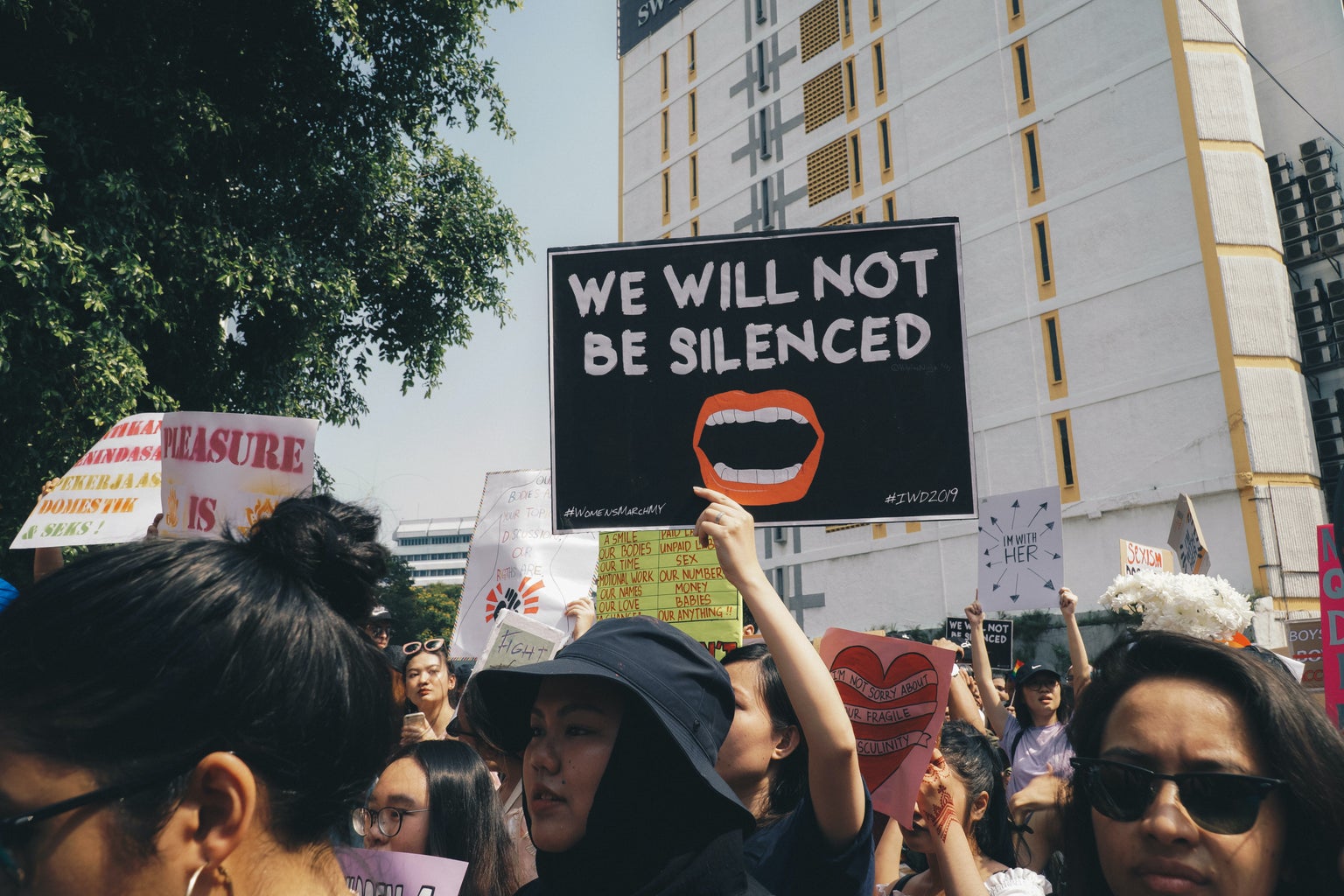I fully believe that Gen Z will be the generation of change. We have proven time and time again that we will speak out when things aren’t right and will do whatever it takes to make our voices heard. Paying attention to the news and events around us is important to make sure we’re aware.
But what if I told you it might come at a cost?
In terms of mental health, compassion fatigue is a relatively new concept. It was first coined in 1992 when it was discovered nurses were faced with feelings of anger and hopelessness while watching their patients suffer with severe illnesses. Now, the definition of compassion fatigue, which is similar to activist burnout, is described by WebMD as “a term that describes the physical, emotional and psychological impact of helping others — often through experiences of stress or trauma.”
We tend to see compassion fatigue in those who work in healthcare, social work and emergency careers. However, we’re now seeing it in folks who are passionate about activism, no matter what career they’re in.
A study from the National Library of Medicine looked at the effects of racial justice activism on women of color. The study also discussed a concept called racial battle fatigue. The definition is described in the study as as “a response to long-term accumulated racial stressors whereby an individual’s emotional resources are taxed due to balancing internal conflicts (e.g., coping with racism) and external experiences (e.g., experiencing racism).” The effects of this compassion fatigue mixed with racial battle fatigue resulted in these women experiencing sleep issues, dependency on sleeping pills, depression, feelings of hopelessness and overall exhaustion. We also see compassion fatigue in environmental and animal activists. When constantly absorbing information and feeling passionate about wanting to make change not only on a personal level, but on a national and global level, the pressure can feel infinite.
So what can you do to combat compassion fatigue and activist burnout?
- Set boundaries
-
Set boundaries for yourself and others. Absorbing negative news and information day after day can be exhausting. Being empathetic and compassionate while setting boundaries is hard, but not impossible. A GoodTherapy.org on compassion fatigue says. article says “Setting emotional boundaries helps maintain a connection while still remembering and honoring the fact that you are a separate person with your own needs.”
- Practice Self-care
-
It sounds like such a broad term, but self-care really is vital, especially for those who are activists or are in careers linked to compassion fatigue as previously mentioned. Eating well, maintaining a sleep schedule and finding a balance between work/activism and personal life are all small steps you can take to practice self-care
- Find a support system
-
The truth is that there might be more people who feel just like you all around you. Find those around you who you can lean on to when you find yourself feeling burnt out. Friends, family, co-workers or even therapists can help you work through these feelings and help you realize that the world isn’t always on your shoulders.
Keep changing the world Gen Z, but don’t forget to take care of yourself while doing so.




